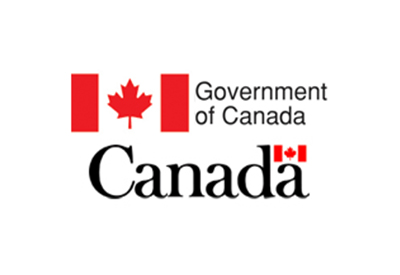Canada Launches Consultations on a Clean Electricity Standard to Achieve a Net-Zero Emissions Grid by 2035

March 23, 2022
The Minister of Environment and Climate Change, Steven Guilbeault has launched consultations to develop Canada’s Clean Electricity Standard (CES) and drive progress towards a net-zero electricity grid by 2035. Work on clean electricity will also be key to reaching Canada’s ambitious and achievable emissions reduction target of 40 to 45 percent below 2005 levels by 2030 and net-zero emissions by 2050.
Canada already has one of the cleanest electricity grids in the world, with 82 percent of the electricity that Canadians use coming from non-emitting sources. Canada is well positioned to keep leading. Exciting new developments include everything from Canada’s largest solar farm in Alberta’s Vulcan County to one of the world’s largest battery-storage energy projects in Haldimand County, Ontario, and the construction of Canada’s largest biofuel plant in Regina, Saskatchewan.
At home, moving to a net-zero grid by 2035 will create significant economic opportunities and jobs for communities across the country. Globally, it will allow Canada to continue leading in a highly competitive field. Similar to other important regulatory initiatives, a Clean Electricity Standard will send clear market signals to encourage investment in the clean technologies needed to move Canada’s electricity sector forward to a sustainable future. The Government of Canada stands ready to invest when and where possible to support our partners in this transition.
The development of a Clean Electricity Standard must be a collaborative process between the federal government, provinces, territories, Indigenous groups, utilities, industry, and interested Canadians. This inclusive approach supports the competitiveness of the economy by providing a clear basis for provinces and territories to plan and operate their grids, while continuing to deliver reliable electricity to Canadians and keeping costs for households and businesses affordable.
Those interested are invited to submit comments on the Clean Electricity Standard discussion paper by April 15, 2022.











![Guide to the Canadian Electrical Code, Part 1[i], 26th Edition– A Road Map: Section 56](https://electricalindustry.ca/wp-content/uploads/2022/11/Guide-CE-Code-2.png)



